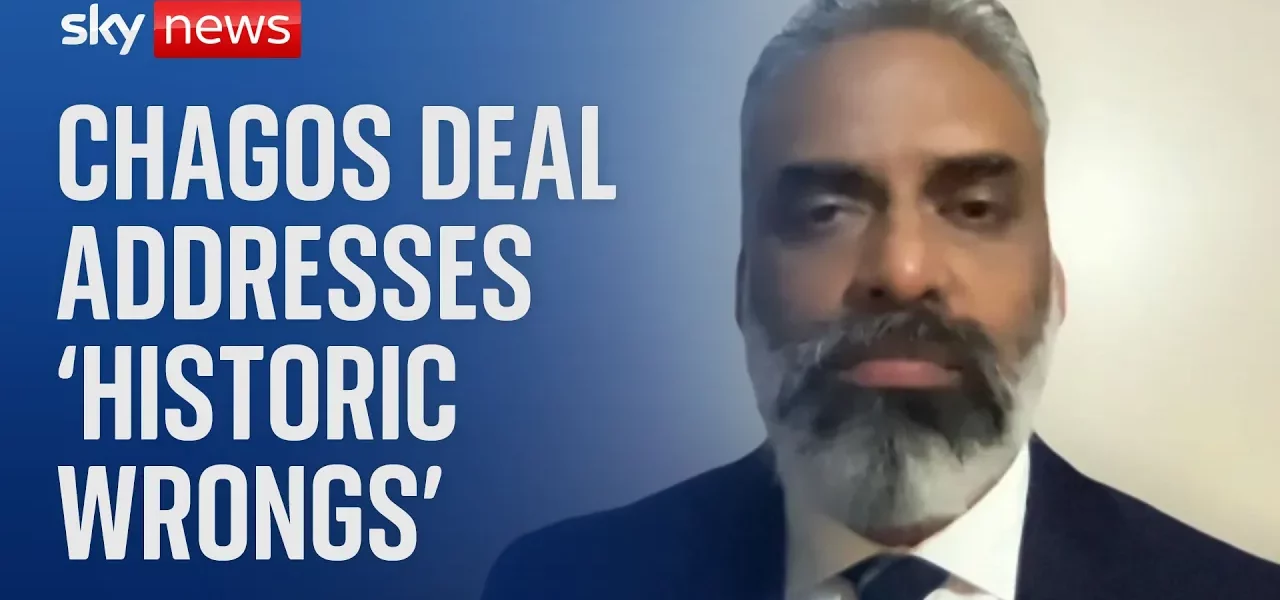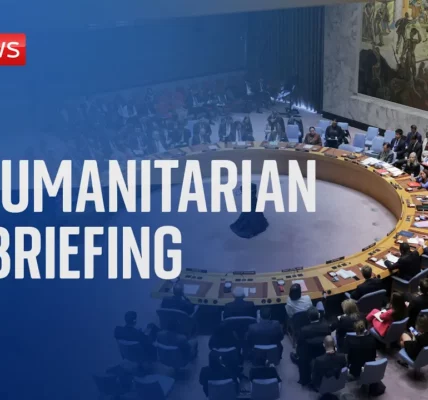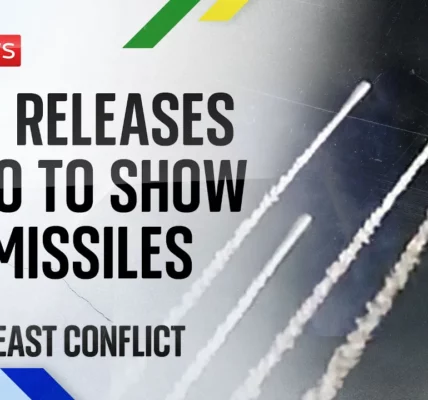UK Ends 50-Year Dispute with Mauritius Over Chagos Islands

This article explores the recent historic agreement between the UK and Mauritius regarding the sovereignty of the Chagos Islands, a resolution of a longstanding dispute that highlights issues of international law, territorial integrity, and the future of the Chagossian people.
Introduction
The recent agreement between the United Kingdom and Mauritius marks a significant turning point in a dispute that has lasted over five decades. The Chagos Islands, including the well-known Diego Garcia military base, have been at the center of international contention since the 1960s. This article delves into the details of this historic settlement, its implications for international diplomacy, and the ongoing impacts on the Chagossian community.
Background of the Dispute
The dispute over the Chagos Islands originated in the 1960s when the UK established a military base on Diego Garcia, forcibly removing the local Chagossian population. Since then, the Chagossians have sought recognition and restitution for their displacement, making this agreement a crucial step in addressing historical injustices.
The Recent Agreement
On this historic day, the UK and Mauritius signed a joint political statement that officially ends the dispute over the Chagos Islands. This agreement is significant for several reasons:
- Respect for International Law: The resolution demonstrates a commitment to uphold international legal standards and diplomatic norms.
- Addressing Historical Wrongs: The agreement acknowledges the injustices faced by the Chagossian people and aims to rectify these wrongs.
- Sovereignty and Territorial Integrity: It reinforces the importance of national sovereignty in the context of global geopolitics.
Implications for Diego Garcia Base
As part of this agreement, the UK will continue to operate the military base on Diego Garcia for an additional 99 years. This section discusses the strategic importance of the base and the conditions surrounding its operation.
Strategic Importance
Diego Garcia serves as a pivotal military asset for the UK and the US, enabling a robust presence in the Indian Ocean. The continued operation of this base is crucial for maintaining regional stability and security.
Financial Aspects
Questions have arisen regarding whether the UK will compensate Mauritius for the continued use of the base. While the joint political statement recognizes the necessity of the base’s operations, details regarding financial arrangements are expected to be outlined in a forthcoming treaty.
China’s Role in the Discussions
The geopolitical landscape in the Indian Ocean is heavily influenced by China’s increasing presence and investment in the region. This section addresses concerns about China’s involvement in the Chagos Islands dispute.
Geopolitical Concerns
As Mauritius aligns more closely with China, the UK has had to navigate these complex dynamics while ensuring its military interests remain protected. The joint statement highlights the importance of maintaining a cooperative relationship among the involved nations.
The Future of the Chagossian People
A critical aspect of the agreement is its impact on the Chagossian community, many of whom have settled in the UK and have expressed feelings of dislocation and loss. This section explores the implications for their rights and future.
Return and Self-Determination
The joint political statement suggests a long-term plan to address the needs and rights of the Chagossians. However, the possibility of repatriation and self-determination remains uncertain.
Community Support
Many Chagossians residing in the UK are concerned about their future. The agreement’s recognition of their plight is a crucial first step, but ongoing dialogue and action are necessary to ensure their voices are heard.
Conclusion
The recent agreement between the UK and Mauritius represents a monumental step toward resolving a complex historical dispute. By acknowledging past wrongs and emphasizing the importance of sovereignty, this agreement lays the groundwork for a more stable future in the region. For the Chagossian community, it opens the door to further discussions about their rights and future. As this process develops, it is essential to monitor the outcomes for all parties involved, particularly the Chagossians who have long awaited recognition and restitution. We encourage readers to stay informed about these developments and engage in discussions surrounding international law and human rights.
“`




